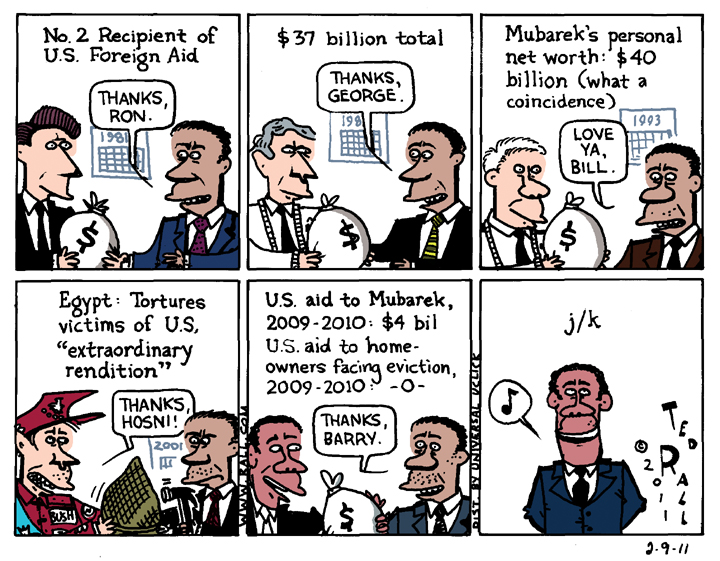US political ideologies are converging on the right, but the power of ideas doesn’t matter in this popularity contest.
“President Obama’s support is eroding among elements of his base,” began a front-page story in the September 16th New York Times. Experienced readers understood what was meant. The U.S. Democratic Party “base” is comprised of liberals, progressives (to the left of liberals), and self-identified leftists (composed of socialists, communists and left libertarians).
These and other groups that compose the Democratic coalition—feminists, gays and lesbians, labor unions, etc.—pursue separate agendas. For decades American media consumers received granular, detailed analyses of each segment, their goals, accomplishments and failures to influence the party and the nation. No longer. These factions are increasingly being excluded and omitted from coverage in favor of something new: a formless, mushy whatever.
Call it “the base.”
Conventional wisdom—in other words, talking points repeated by columnists for big-city newspapers and cable-television news commentators—holds that the American electorate is roughly divided as follows: 40 percent who consistently vote Democratic, and another 40 percent who always vote Republican. These 80 percent of party loyalists are their base: if they vote at all, they always vote for the same party.
The outcome of elections depends on the whims of the remaining 20 percent, “swing voters” who may vote Democratic one election, Republican the next.
With a few exceptions, strategists and candidates for the two major parties direct most of their appeals to this “vital center” of the ideological spectrum. “Where else are they going to go?” is the constant, cynical refrain of political operatives when asked about the bases of the parties. If you’re a liberal voter, in other words, you probably won’t vote Republican. If you’re a conservative voter, you won’t jump to the Democrats no matter how disappointed you are with “your” party. (Historically, however, the Republican Party tends to coddle its right-wing base—with rhetoric as well as policy shifts—more than the Democrats pay attention to the left.)
The quest for swing voters relies on simple math. Convince a “swing voter” to switch from their party to yours and you’re up two votes. Lose a “base” voter and you’re down one. Swing voters count double.

